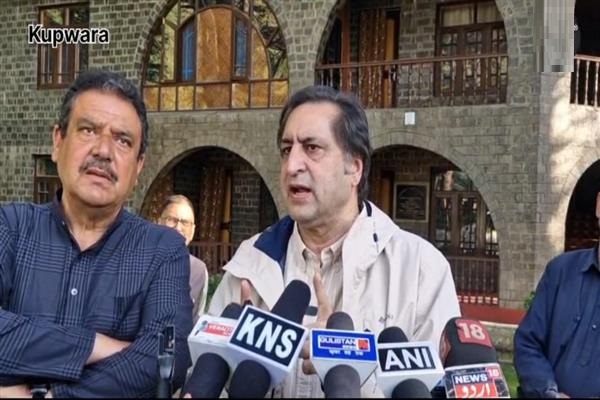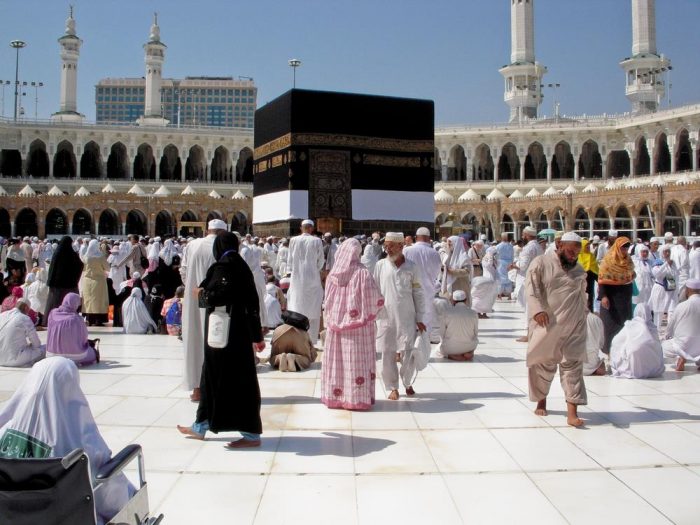The Chief electoral officer (CEO) of J&K, P.K. Pole on Tuesday asserted that any violation of the MCC would attract appropriate action to ensure free, fair and fearless elections in the UT.
Talking to media, the CEO said, “Election is the biggest celebration of our democracy. The Election Commission is duty-bound to ensure that the election is held in a fair, peaceful, festive and fearless atmosphere where both the political parties and the administration play their role responsibly as per the MCC and without creating an occasion for us to take action”.
Pole said that there is a detailed and defined model code of conduct (MCC) which must be followed in letter and spirit.
Detailing the ‘Do’s and Don’ts’, the CEO said, “Mouthing of provocative and inflammatory statements calculated to cause mutual hatred, disharmony or ill will among public, including inciting them against the nation, use of intemperate and abusive language transgressing the limits of decency and attacks on the personal character and conduct of political rivals in utterances those tend to incite mutual hatred, disharmony or ill will and aggravate the differences between different political parties and classes of citizens on the grounds of religion, caste, community, etc., is not permitted and therefore, punishable under the relevant sections of the law.”
The CEO disclosed that the commission has observed in the past with a deep sense of anguish and serious concern the plummeting levels of political speeches against judiciary, integrity of nation, religion, caste, etc., by various political party leaders, candidates or any other person/group of organisation despite Commission having issued guidelines/advisory to all.
He added, “The tone and tenor of the political speeches have been found to be calculated to cause mutual hatred, disharmony or ill will and aimed at aggravating the differences between different political parties and classes of citizens on the grounds of religion, caste and community. This is something the MCC prohibits and will attract immediate and appropriate response from us.”
Giving details of the possible penal action to prevent violation of the MCC, the CEO said, “Action can be initiated under various laws like section 125 of the RP Act, 1951 Section 153B of the IPC which safeguards the interests of national integration by providing punishment against imputations and assertions prejudicial to national integration and under section 153A of IPC which deals with the offence of promoting disharmony, enmity or feelings of hatred between different groups on the grounds of religion, race, place of birth, residence, language, etc., and doing acts prejudicial to the maintenance of harmony.”
“The offence is a cognizable offence and the punishment for the same may extend to three years with fine, or both. However, the punishment of the offence committed in a place of worship is enhanced up to five years and fine,” he said.
“I remind all, including the political party leaders and candidates that the fundamental right of freedom of speech and expression guaranteed under Article 19(1)(a) of the Constitution is not absolute and is required to be exercised in such a manner that it does not transcend inter-alia the boundaries of decency and morality or disturb public order or amount to defamation or give incitement to an offence,” the Chief electoral officer added.
He said that a candidate or intended candidate can be disqualified if he/she is promoting enmity and mouthing against the integrity of the country or judiciary.
“For repeated violations of the MCC, the Commission can go for their derecognition under Para 16A of the Election Symbols (Reservation and Allotment) Order, 1968,” he said.
When asked about the mechanism being followed by the Commission to ensure adherence to the MCC by all stakeholders, he said, “When any person(s), group or any organisations seek permission to hold public programmes, we ask them to give a declaration/undertaking to abide by the guidelines and without permission if any one, including candidates/political parties, hold any kind of such process legal action under relevant provisions will be initiated against them.”
He revealed that there is an elaborate surveillance system employed by the commission which includes placement of all teams FSs/SSTs/VSTs to record all processions and public meetings to get the evidence.
“All the public programmes of such persons and organisations will be closely monitored through videography,” he asserted.









